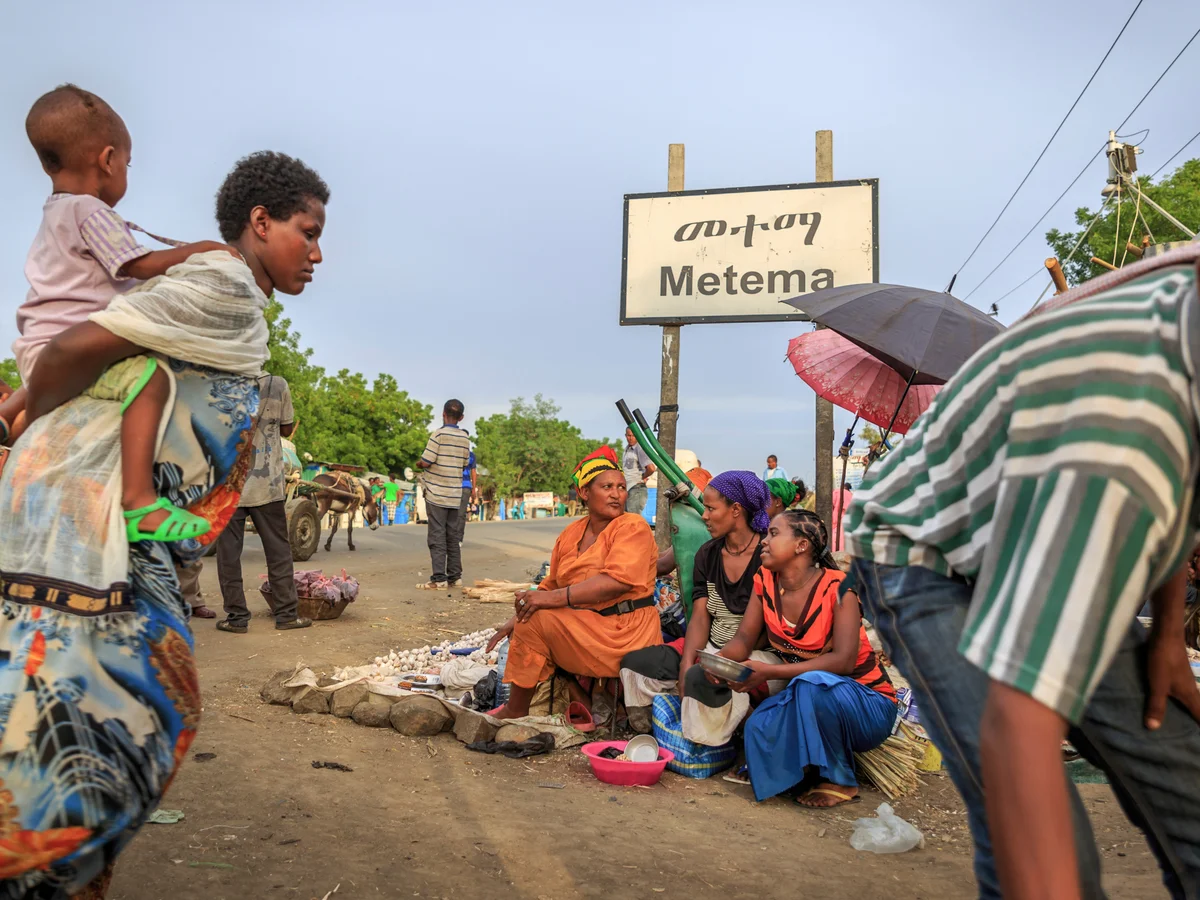Ethiopia denies allegations of extortion against Eritrean refugees

Ethiopia’s immigration authorities have firmly denied claims that Eritrean refugees are being subjected to extortion or forced to pay exorbitant fees in the host country.
In a statement released on Friday, the Ethiopian Immigration and Citizenship Service (EICS) rejected accusations of improper treatment towards Eritrean refugees.
The agency clarified that while many refugees enter Ethiopia illegally and overstay their temporary visas, there is no evidence to support claims of extortion.
The EICS explained that the government issues 90-day temporary visas to refugees upon entry.
However, it noted that many Eritrean refugees have remained in Ethiopia for over a year, significantly exceeding the permitted duration of stay.
According to the Ethiopian Agency for Refugees and Returnees, nearly 80,000 Eritrean refugees currently reside in urban areas across the country, with most lacking valid residency or work permits.
The EICS also accused some refugees and asylum seekers, including Eritreans, of engaging in illicit activities.
These reportedly include mineral smuggling, money laundering, drug trafficking, document forgery, and other cross-border crimes, which the agency claims pose a threat to national security and the interests of the host nation.
The immigration service highlighted concerns about human trafficking and the use of falsified travel documents among the refugee population.
“Refugees involved in such offenses will face legal consequences,” the statement asserted, while reiterating that no Eritrean refugees have been expelled or coerced into paying money while in Ethiopia.
Meanwhile, members of the Eritrean community in Addis Ababa have recently expressed alarm over alleged mass arrests targeting Eritreans.
These incidents have heightened fears among asylum seekers who fled their homeland seeking safety and better opportunities.
The Ethiopian government’s denial aims to address rising tensions and international scrutiny over the treatment of refugees, while the situation continues to draw attention from human rights organizations and regional observers.
About The Author
dailymailafric
I am an avid African news observer, and an active member of Daily Mail Africa.
I’m Passionate about staying informed on diverse topics across the continent,
I actively contribute to publishing on political, economic and cultural developments in Africa.



